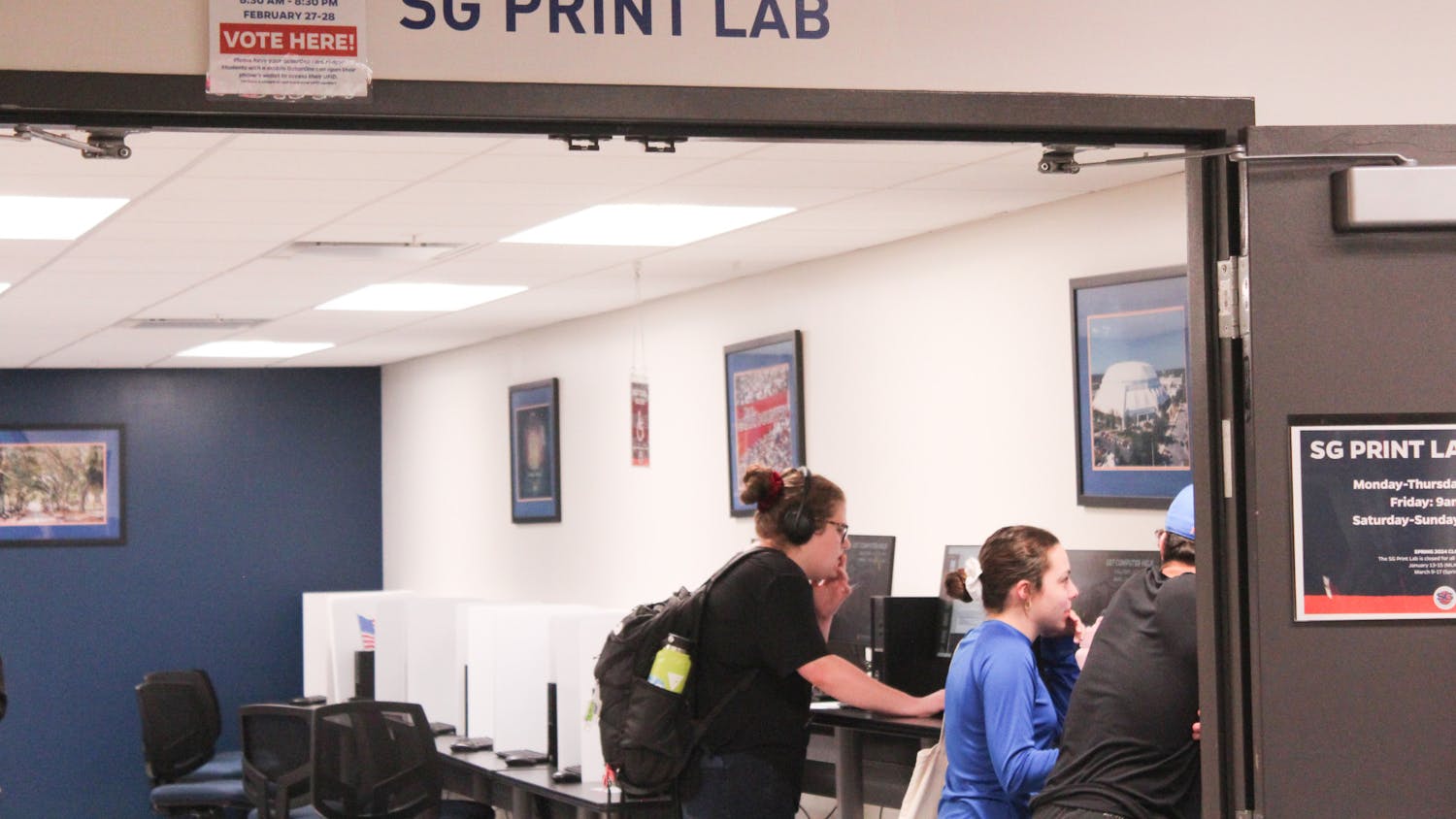The year is 1908. The location: Atlanta. A man shows up at his assigned polling place, government-issued ID in hand and proof of residency and voter registration in tow. He is of age, holds residency in the state and is a legal U.S. citizen with a squeaky-clean criminal record. When he approaches the poll workers to get his ballot, he is stopped and told he must first pass a literacy test to prove he is intelligent enough to vote.
The man wonders why he, of all people, was stopped. He has a college degree and a respectable job, so surely it is clear he can read. Then he realizes: It was the color of his skin that caused the poll workers to single him out. The ambiguity of polling place literacy tests allowed for this type of blatant discrimination.
This is what voter suppression looks like. It happens as a result of laws designed to disproportionately impact specific groups of people in order to stifle their voices. And, contrary to what we were taught in every history class we have taken, this discrimination did not end with the Voting Rights Act of 1965. More than 50 years after this act was passed, many states are still adopting new laws that allow for voter suppression.
Contemporary efforts to suppress voters largely emerged after the 2008 presidential election of Barack Obama when we saw a large uptick in minority voters. Most of the changes to voting laws were not inherently prejudicial, but their impacts spoke for themselves.
In 2011, eight states passed laws requiring voters to bring a government-issued ID to the polls. This law disproportionately impacts African Americans, 1 in 4 of whom do not have a government-issued ID. This is compared to the 1 in 10 Americans who do not. Voter ID laws further suppress low-income voters because 15 percent of Americans who make less than $35,000 a year do not have a government-issued ID.
Since the early 2000s, states like Florida, Georgia, Ohio, Tennessee and West Virginia have shortened early and absentee voting periods, despite the fact that rates of early and absentee votes have been increasing, especially among African American and Hispanic groups.
Other states limited voter registration drives. Based on data from the 2008 election cycle, African Americans and Hispanics are nearly twice as likely to register to vote through these drives than white Americans.
Ten years after this poignant election, efforts to suppress minority voters have only increased. In Georgia, more than 53,000 voter registration applications are still pending for the 2018 midterm elections as a result of the state’s exact-match verification process. Close to 70 percent of these pending registrations are for black Georgians.
Elections and voter registration in Georgia are under the jurisdiction of Georgia Secretary of State Brian Kemp. But here’s the kicker: Kemp is also a gubernatorial candidate running against Stacey Abrams, who has the potential to become the first black female governor in U.S. history.
This exact-match system is known as “disenfranchisement by typo.” Something as simple as a missing hyphen, absent apostrophe or introduction of a middle initial could bar someone from voting. The law is so clearly unfair that the federal government initially blocked the measure when Georgia introduced it in 2009. According to NPR, the government said it was “discriminatory against minority voters, who are more likely to be flagged by this system.” Nonetheless, Kemp began implementing this process when he was elected in 2010.
The corruption of elections and blatant disenfranchisement of minority voters, not only in Georgia but in many other states around the country, is not something that should go unnoticed. It is something we need to call out and condemn. It is something we need to fight and something we need to end.
Abigail Miller is a UF journalism and political science senior. Her column appears on Fridays.






